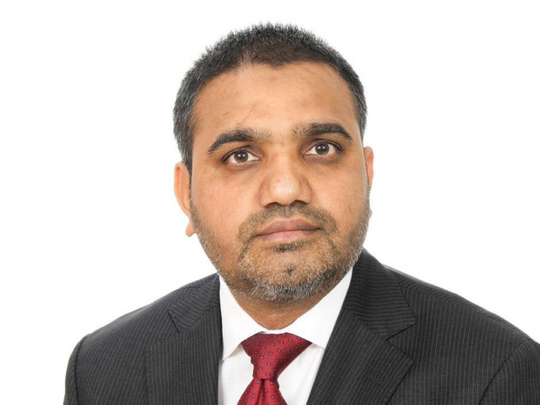
In the overall Sharia governance structure for Islamic financial institutions (IFIs), the Sharia audit occupies the most critical place. It completes the cycle of Sharia compliance for an IFI, as it reveals the level of an IFI’s observance of the principles of Sharia in all its operations, particularly in generating halal (permissible) income for distribution between the depositors and the bank’s shareholders.
Much emphasis has been placed on strengthening the Sharia audit for IFIs in theory, but in reality it appears that it has received considerably less attention when compared to the initial Sharia review and approval process for a product, service or transaction. It has so far not received the same significance as is generally considered necessary at the time of developing a Sharia-compliant product or transaction, whereby a formal fatwa (a Sharia pronouncement certifying the transaction) is obtained from the organisation’s Sharia supervisory board.
While IFIs are required to follow a diligent process of Sharia approval at the very outset for a product or transaction, one would certainly feel a genuine need for improvement both in form and substance when it comes to the extent to which a company observes Sharia guidance in the execution and post-execution operations.
An IFI should not assume that the Sharia audit falls within the duties and functions of its fatwa and Sharia supervisory board and treat the Sharia audit report as a mere formality for the discharge, or completion of the Sharia board’s functions. In fact, periodical Sharia audits are as indispensable for an organisation to retain its integrity as a Sharia-compliant institution as an internal or external audit would serve in achieving its objectives.
Considering the importance of the Sharia audit, it is advised that organisations integrate it with their overall corporate governance framework. Furthermore, all stakeholders (including regulators and standard-setting organisations) should urge IFIs to arrange for authentic Sharia audit reports from independent Sharia auditors and to make it a public document and on that basis should consider rating IFIs for effective Sharia governance purposes.
It is generally believed that since the Sharia audit is inherently different from the audit carried out by internal or external financial auditors, it is difficult to find the right financial institution to perform the Sharia audit. However, there are many qualified Sharia auditors who have been trained by Sharia scholars and are knowledgeable about the overall Sharia audit requirements of an Islamic bank, Islamic window operation of a conventional bank, takaful (Islamic insurance) company, fund, sukuk or any other activity that falls under the broader umbrella of Islamic finance. Seek them out.
— The writer is Senior Vice-President, Dar Al Sharia Legal & Financial Consultancy








